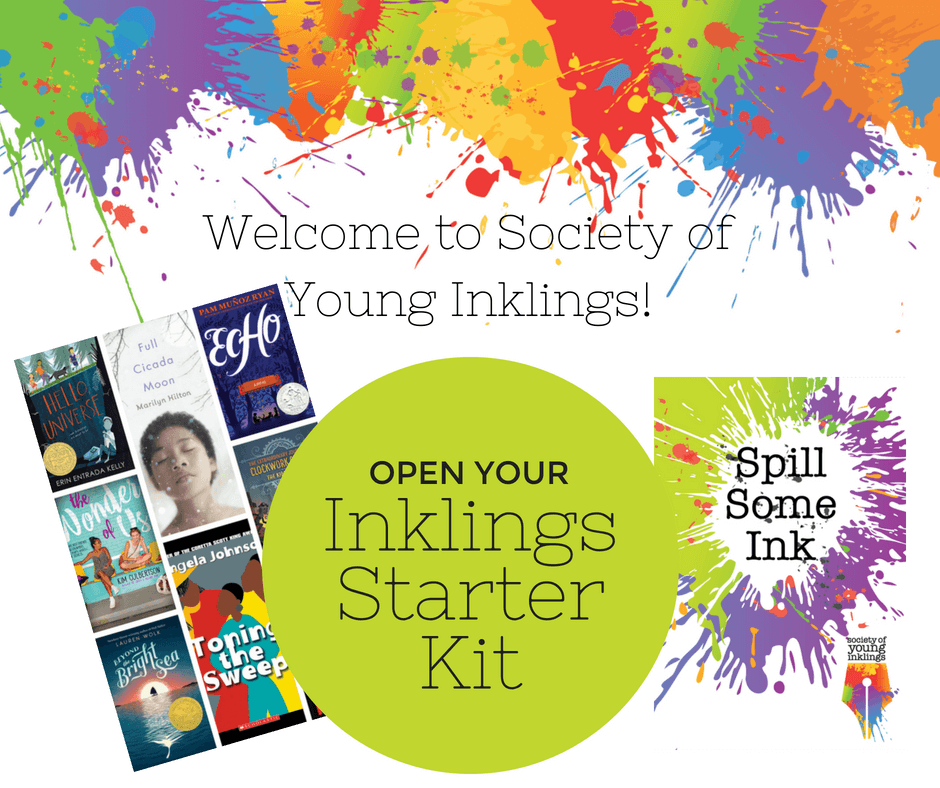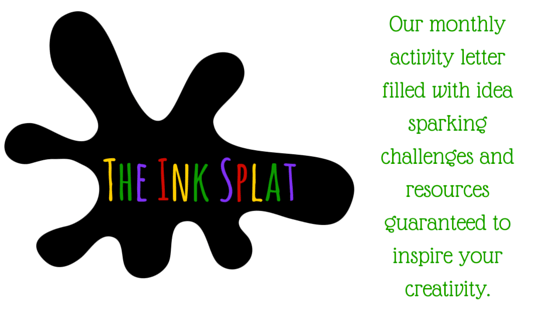
Writing Challenge
This month’s writing challenge is a poetry prompt. Think about a pet, an animal that you love, or a wild animal that you’re fascinated with. Do a brain dump and write everything down that comes to mind about that animal. Resist the urge to censor yourself. Then start pulling out the phrases and words that might want to be part of the poem, until you get to a place where it feels like an authentic expression of your love or curiosity about that animal. From there, you can experiment with switching the order or substituting words, distilling the language down to its most essential, and playing with formatting and style (spacing, stanzas, punctuation, capitalization, etc.) Keep playing and tweaking and adjusting until your poem satisfies you.
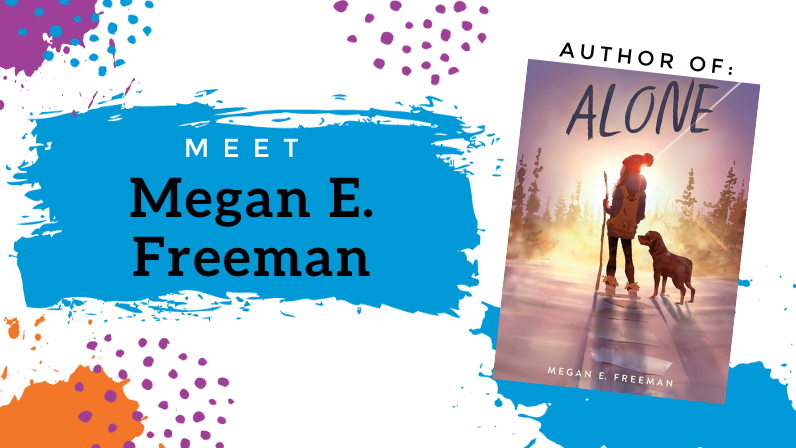
An Interview with Megan E. Freeman
Tell us about how you go about starting a novel in verse. Are you thinking about the story planning upfront from a big picture view? Are you starting from the poetry? Where do you begin?
This book I actually wrote first in prose. I wrote the entire thing in paragraphs and chapters. And I worked on it for several years in that format, and I even submitted it to agents. I had people read it and give me feedback…and it didn’t ultimately go anywhere. It’s about a girl who’s abandoned and left behind when her entire town leaves and she doesn’t realize they’re leaving. And so she has to survive all by herself. And people really liked that idea, but the writing wasn’t as good as the idea. And I was sitting in a workshop one day with another verse novelist, and she was talking us through how she had written her book. And all of a sudden, I had this aha moment where I thought, I have to rewrite this entire thing in poetry. And I’d been a poet my whole life, and it never even occurred to me to write this book in poetry until that moment, until I had already written it in prose. So I went back to the beginning, and I completely rewrote it. And as soon as I started writing it in poetry, I knew it was going to work. And I knew it was better. Because it was almost like poetry was my native language, like I was going back to my mother tongue. I felt much more fluent in poetry than I did in prose. So getting this book into poetry was a huge act of revision. But I’m working on two others right now, both of which are novels in verse. And with both of them, I started right off with the poetry and, and that’s how it came onto the page. Now, I also have two other manuscripts that are out on submission that are written in paragraphs in prose, in chapters. So I think different stories show up in different ways.
What’s your process for writing poetry?
When I get the urge to write a poem, it’s the same urge that I think painters get when they get the urge to paint, or photographers get when they see something they want to capture the image of, or when dancers want to capture something so they choreograph movement. It’s the same creative impulse, and it manifests differently in different bodies because we all have different artistic languages that we are excited to express things in. For me, the first thing I do is brainstorm on the page, what is this image that I want to capture? I don’t worry about the form, I don’t worry about the words, I don’t worry about what it looks like on the page. I don’t worry about punctuation or capitalization. I just try to write the image onto the page. So if I wanted to write a poem about my dog, I might just start brainstorming all the things I love about Cowboy, and all the things he does that make me laugh and all the things that have changed in our life since he came home. It’s almost like that’s my salt and flour and water. And now I’m going to make it into some playdough, I’m going to make it into a shape. So then I go back, and I look at everything that’s there. What’s on this page that maybe wants to be in a poem? What do I want to start pulling out and playing with? And that’s that distillation process. And then I’m going to start crafting it. I start substituting things in and out, and I start shaping it.
Do you feel like you bring any of your theater background to your writing?
I see scenes, so visually I imagine the blocking, the business that the characters are doing in the scene. I imagine the dialogue; I read my work out loud all the time. And when I’m writing, I think about writing for a reader who will read it out loud, whether it’s a teacher reading it out loud in a classroom or a family that might be reading out loud together. So all of those aspects of performance that I’ve studied for so long and played with so much absolutely inform the way I think about language and the way I think about writing, even when it’s not meant to be performed the way you would in a theater.
What’s your favorite part of the writing process?
The collaborative part. Once I get a draft to the place where it’s as good as I can get it by myself, then I send it to some friends of mine, who are also writers and readers. And they read it, and they send it back to me with feedback. And they tell me, I loved this part, I was confused by this part, I had a question that never got answered. So then I can go back and revise again and start to address some of those issues that they’ve pointed out or fill out the sections that might be missing. I love the back and forth and the collaboration that happens in the later stages of drafting and revision.
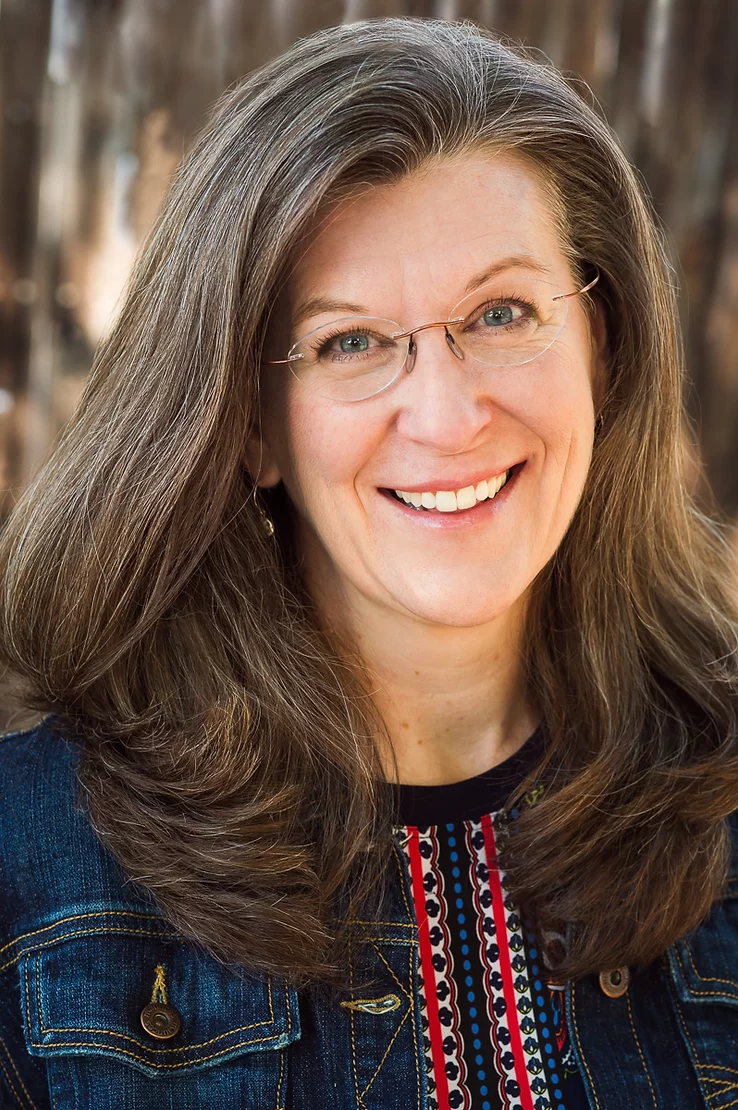
A special thank you to Megan E. Freeman for sharing with us! You can find out more at https://www.meganefreeman.com/.
An award-winning teacher with decades of classroom experience, Megan taught multiple subjects across the arts and humanities to students K-16, and she is nationally recognized for presenting workshops and speaking to audiences across the country. She studied theater and dramatic literature for many years, earning degrees from Occidental College and the Ohio State University.
Megan is a member of the Society of Children’s Book Writers and Illustrators, Northern Colorado Writers, Rocky Mountain Fiction Writers, Columbine Poets of Colorado, and Lighthouse Writers Workshop. She is an Impact on Education Award winner, a fellow with the Colorado State University Writing Project, a Fund for Teachers fellow, and a member of the Colorado Poets Center. She used to live in northeast Los Angeles, central Ohio, northern Norway, and on Caribbean cruise ships. Now she lives in northern Colorado.
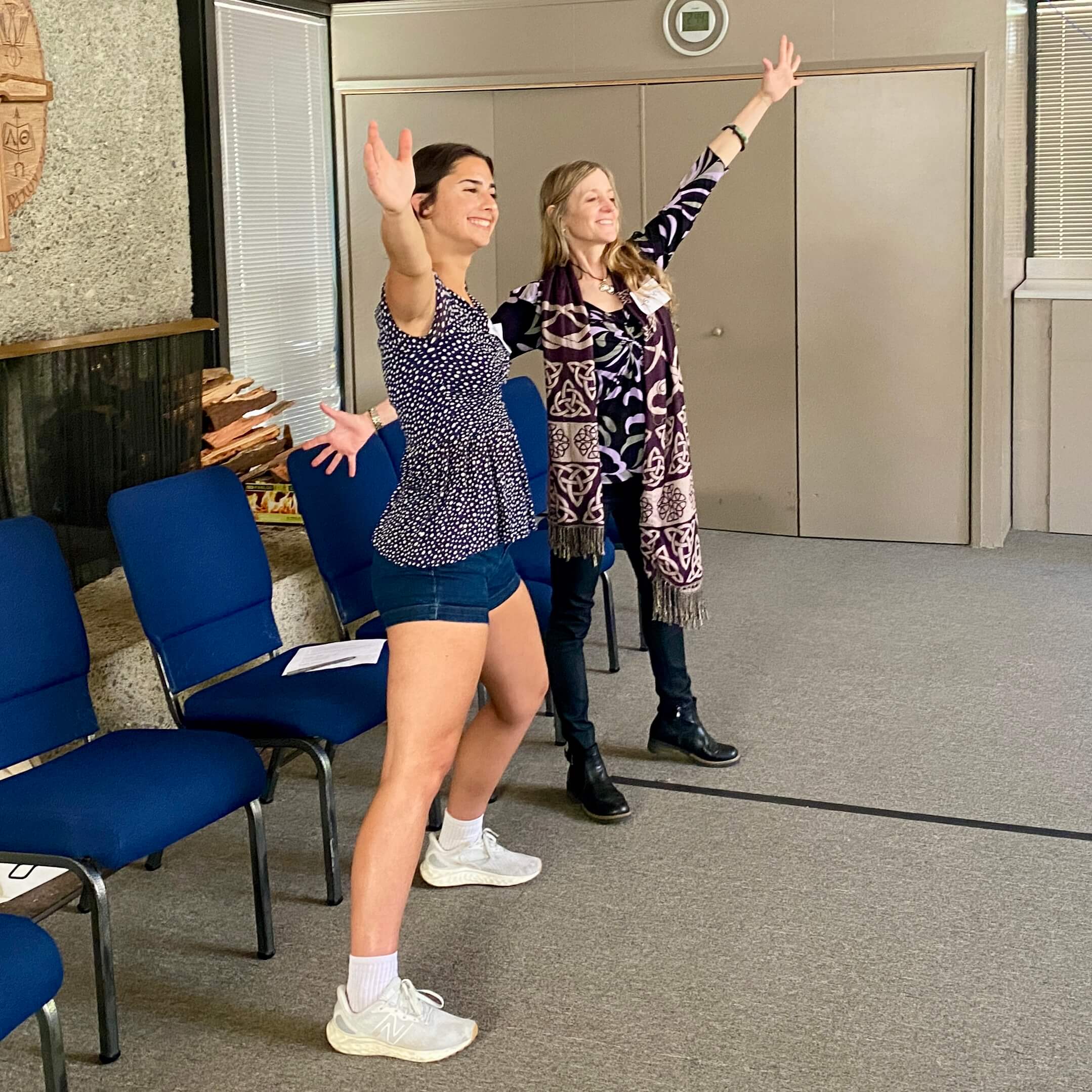
INKLINGS CONNECT
THE WAY WORDS MOVE US
Join us September 13 and 14 in Portola Valley, CA for our 2nd Annual Inklings Conference!
Featuring a keynote with author Joanna Ho, this conference includes creative writing breakout sessions in our beautiful redwood grove, workshops on using improv to step into a character’s shoes, experiments in word play, a storytelling workshop, and reflective writing to tap into your unique voice.
Keep your creativity flowing with our upcoming events!
JULY
- 7/22-25: Make Your Scenes Sparkle Summer Camp
- 7/22: Author Interview with JR Potter (Inklings Membership only)
AUGUST
- 8/6: Author Interview with John Hendrix (Inklings Membership only)
- 8/15: Teen Spilling Ink Writing Workshop (Inklings Membership only)
- 8/26: All Ages Spilling Ink Writing Workshop (Inklings Membership only)
SEPTEMBER
- 9/3: All Ages Spilling Ink Writing Workshop (Inklings Membership only)
- 9/8: 2024 Inklings Book Release Party (Online)
- 9/13-14: The Way Words Move Us Writing Conference in Portola Valley, CA
- 9/19: Teen Spilling Ink Writing Workshop (Inklings Membership only)
- 9/23: Author Interview with Roshani Chokshi (Inklings Membership only)
SPARK YOUR CREATIVITY!
